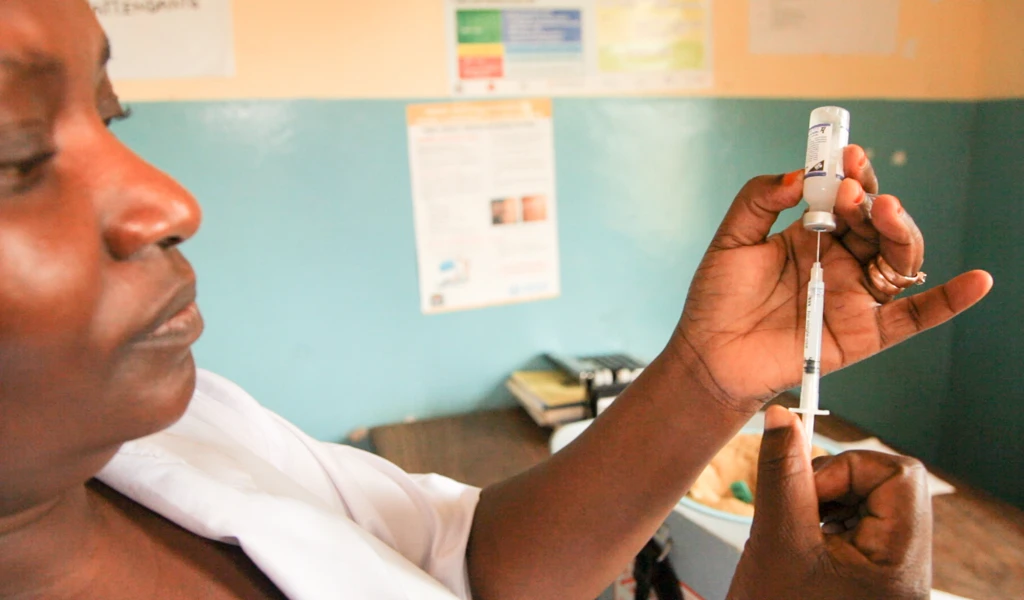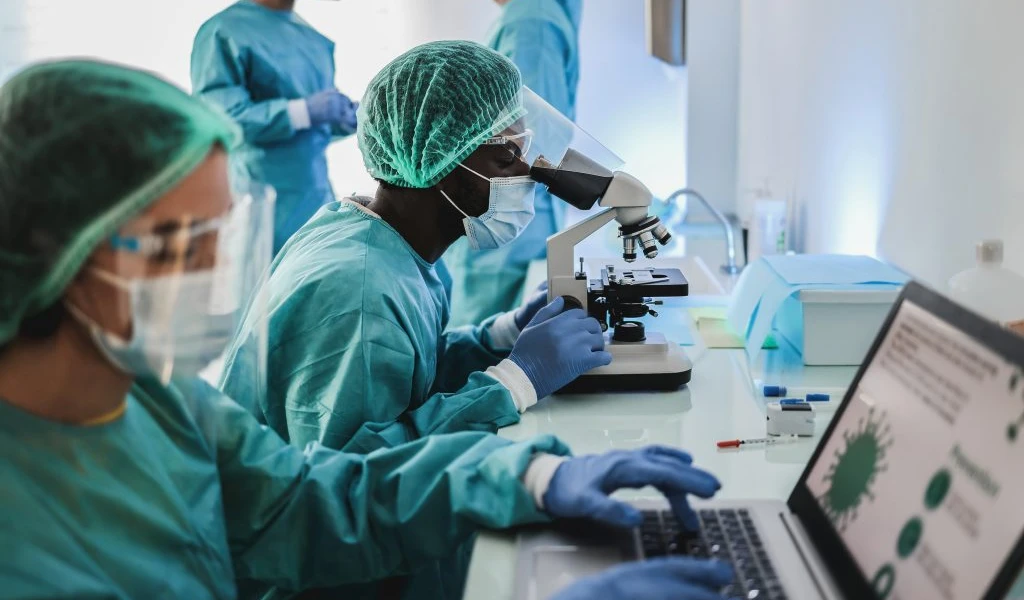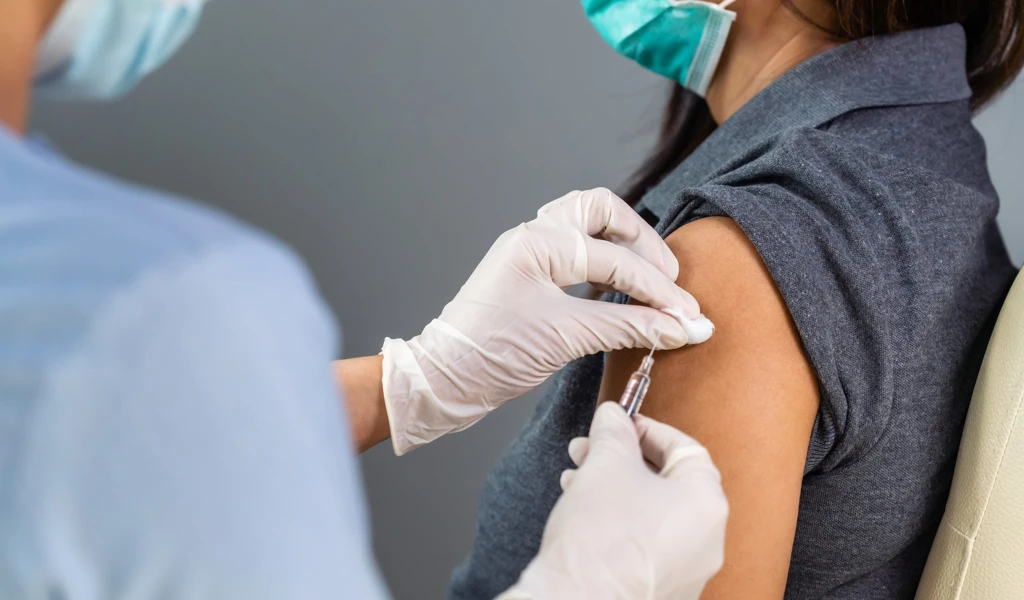As leaders of the world's wealthiest economies convene in Cornwall, UK, we have a once in a generation moment to build a world better placed to deal with the next pandemic.
The global community has made tremendous progress in developing vaccines against Covid-19, but there is still a great deal to do. If we are to defeat a virus that has already killed at least 3.7 million people, we must redouble our efforts to suppress the spread of dangerous variants and vaccinate the whole world.
We need to apply the lessons learned over the past year and a half to retool our preparedness against future global disease threats, so that next time we can respond much faster.
Leaders of some of the most powerful nations have a unique opportunity to commit to this task when they meet at the G7 summit in Cornwall June 11—13. They must invest for the future while also addressing the current inequity in vaccine distribution.
Scientists have already shown what is possible when humanity unites behind a common cause. Now leaders must seize this rare moment of political focus and aligned interest to leverage the tools that science has given us in the interest of a better, safer future.
This is a pivotal time. The world has reached a perilous phase in the pandemic, with some rich countries well advanced in vaccinating their populations reopening economies, even as many developing nations lag far behind. At the moment, the epidemiologic situation is especially dire in South Asia and South America. But it could also quickly deteriorate in Africa and other underserved regions.
Countries with higher coverage rates need to share doses—now—to protect health care workers and vulnerable populations in low-income and middle-income countries and prevent their health systems from collapsing.
The recent announcements from the US and UK Governments to share 500 million and 100 million doses, respectively, are a step in the right direction.
As the latest modelling from the Bill & Melinda Gates Foundation shows, dose-sharing need not be at the expense of national vaccination campaigns—it shows that wealthy countries could share at least 1 billion excess doses by the end of 2021—more than enough to address current COVAX supply shortfalls—and still have sufficient doses to vaccinate 80% of their populations aged 12 years or older.
While it's crucial that we address these supply gaps, the world must also commit to plugging significant research gaps that need to be urgently addressed so that Covid-19 vaccines can deliver to their full potential. These include the assessment of the safety and effectiveness of Covid-19 vaccines in pregnant women, infants and children, and immunocompromised people, as well as studies on booster doses, the duration of vaccine efficacy, "mix-and-match" vaccination strategies, and dosing intervals.
Such studies could make a real difference on the ground. The ability to mix different vaccines, for example, would greatly increase flexibility when allocating limited doses under the COVAX Facility, potentially accelerating vaccination campaigns in large parts of the world.
The wide gulf in immunisation rates coupled with the emergence of dangerous virus variants means that further R&D efforts are critical for the defense of us all. We have seen how the Alpha and Delta variants — first identified in Britain and India, respectively, and previously referred to as B.1.1.7 and B.1.617 —emerged without notice and spread at lightning speed, with devastating consequences. Since some of the "Variants of Concern" render existing vaccines less effective, it is vital for everyone on the planet that we keep up our guard.
Next-generation vaccines are also needed that are more stable at room temperature, can be adapted quickly to variants, and can be used in wider range of settings. The Coalition for Epidemic Preparedness Innovations (CEPI) is already supporting next-generation and variant-specific Covid-19 vaccines and will soon invest in the development of broadly protective vaccines that we hope will dramatically reduce or even eliminate the risk of future pandemics caused by coronaviruses.
Vaccine advances, including the remarkable success of mRNA technology, made it possible to develop jabs for a previously unknown pathogen in less than a year, rather than the decade or more it would traditionally take. But as much as we improved, the delivery of vaccines still took far too long. In the future, our goal must be to roll out vaccines in just 100 days. This goal, first articulated by CEPI, has been adopted and championed by the UK Government as part of its G7 Presidency. Achieving it could save millions of lives and trillions of dollars should we face another pandemic threat.
Greater encroachment into the natural world means that new diseases are emerging ever more frequently. The next new pathogen may well be more deadly than SARS-CoV-2. To prepare for the future, we must accelerate work on vaccines against known threats — such as Chikungunya, Nipah and Lassa fever — and develop a library of prototype vaccines that can be rapidly adapted if new viruses emerge.
At the same time, there is a need to boost vaccine manufacturing capacity in low and middle-income countries, so that sub-Saharan Africa, in particular, is not left at the back of the queue next time.
For the first time in history, we have the scientific and technical tools to prepare for and respond to future epidemic and pandemic disease threats in near real time so that they never again rip through populations, killing millions.
But eliminating the existential threat of emerging infectious diseases will only happen if political leaders have the will to make the right investments. There is no time to waste. Governments must step up now.



